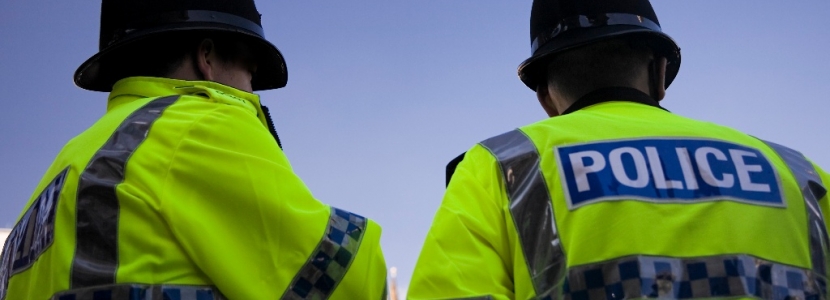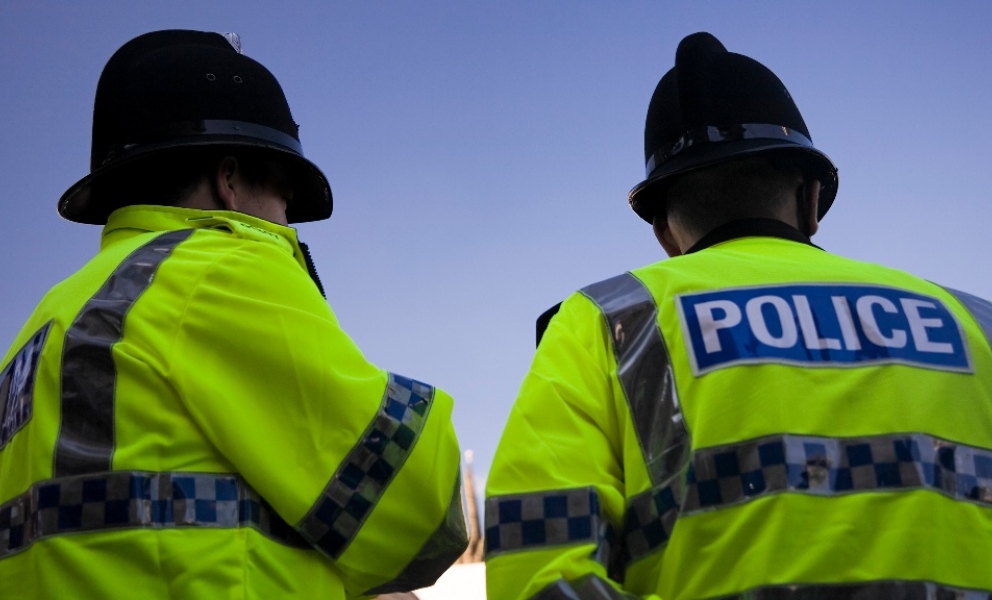
Neighbourhood policing is the bedrock of law enforcement in the UK. New and emerging threats such as terrorism and high-tech crime have created specialism which are vital to protect the public in the modern world. Yet many of these new areas of policing attract funding and interest to the detriment of more traditional neighbourhood policing.
The public and media rightly demand higher visibility. The merits of local policing, embedded in the community should not be underestimated. Even in the areas of counter-terrorism and serious organised crime it is often neighbourhood police officers and police community support officers (PCSOs) that gather the vital intelligence or who are the first on the scene of an incident.
It is notable that both central government and local forces consistently refer back to the nine principles of policing set out by Sir Robert Peel in 1829 when as Home Secretary he established the first modern police force in London. Policing by consent has been the key to preventing crime and disorder ever since and should be not less important nearly two hundred years later.
In study after study, locally and nationally we constantly find that the public expect to not only see police officers, but that they feel safer when they do. We also know that policing can be much more effective when officers know their local communities. There is plenty of evidence to demonstrate the preventative nature of proactive policing. Stopping crime before it starts, rather than simply chasing after people once it does. As Peel said himself, a police force should be judge on the absence of crime and disorder, not the activity of the police themselves.
Therefore in the Thames Valley neighbourhood policing has been ring-fenced. Each local area has a neighbourhood inspector with sergeants, constables and PCSOs with exactly that remit of getting to know their communities, engaging with the public and dealing with local problems.
In an ideal world these neighbourhood teams would certainly be larger, but we do not live in an ideal world and this approach is in stark contrast to some forces that have effectively abandoned neighbourhood policing. Instead officers are all tasked with dealing with response calls. This inevitably means less preventions and more reaction.
I must put on record once again my admiration of police officers with specialist skills. Their difficult and often dangerous jobs in the protection of vulnerable people, public order, specialist investigations, firearms and counter-terrorism should never be underrated. I have previously praised them on these pages and will always continue to do so – but policing is not a competition, there is a need for both specialists and local neighbourhood officers.
The Government’s planned increase of 20,000 police officers has been mocked in some quarters given nearly a decade of tightened finances. Yet it is all too easy to forget the financial mess and the scale of the annual deficit that was inherited by David Cameron as Prime Minister. There was undoubtedly waste in policing and that can easily be seen from the massive savings that have been made away from the front line in forces across the country. The Conservatives have led the debate on increasing officer numbers – not the same argument as restoring funding to 2010 levels! As with so much in the public sector the key is not how much of the public’s money is pumped into a service, but where that money goes, what the priorities are and how that will benefit the public who are paying for it.
Because of the skills and expertise that they bring many specialisms have been protected by police forces, in areas such as counter-terrorism we have seen significant increases in recent years. Now is the time to ensure the backbone of British policing is properly resourced. Local, uniformed officers have a huge value in our community.
I have seen some forces that even have specialist rural crime teams. The problems is that many officers will feel, “well that’s not my job”, “there’s a team to deal with that”. My view is that every community should expect the same treatment from the police, rural or urban, rich or poor. Good local policing comes when excellent, dedicated officers know their community and know they have the backing of their force to deal with the problems they’re presented with. Police Constables have unique powers over the rest of us, and the difference in powers between the PC and the Chief Constable is a lot smaller than between them and the rest of the public. As a society we give them those powers because we trust them to exercise their duty proportionately and for the public good. We need to ensure that the next Government is one that trusts the police to act fairly and impartially.
Every time I go out on a shift in Thames Valley, I never cease to be impressed by the encyclopaedic knowledge that officers have of known offenders, hotspots for trouble, vulnerable individuals who may need help and local people who know what is going on in their communities. This is the stuff that really matters. Yes visible local policing reassures people. That is important. The really important thing however is that it works!





